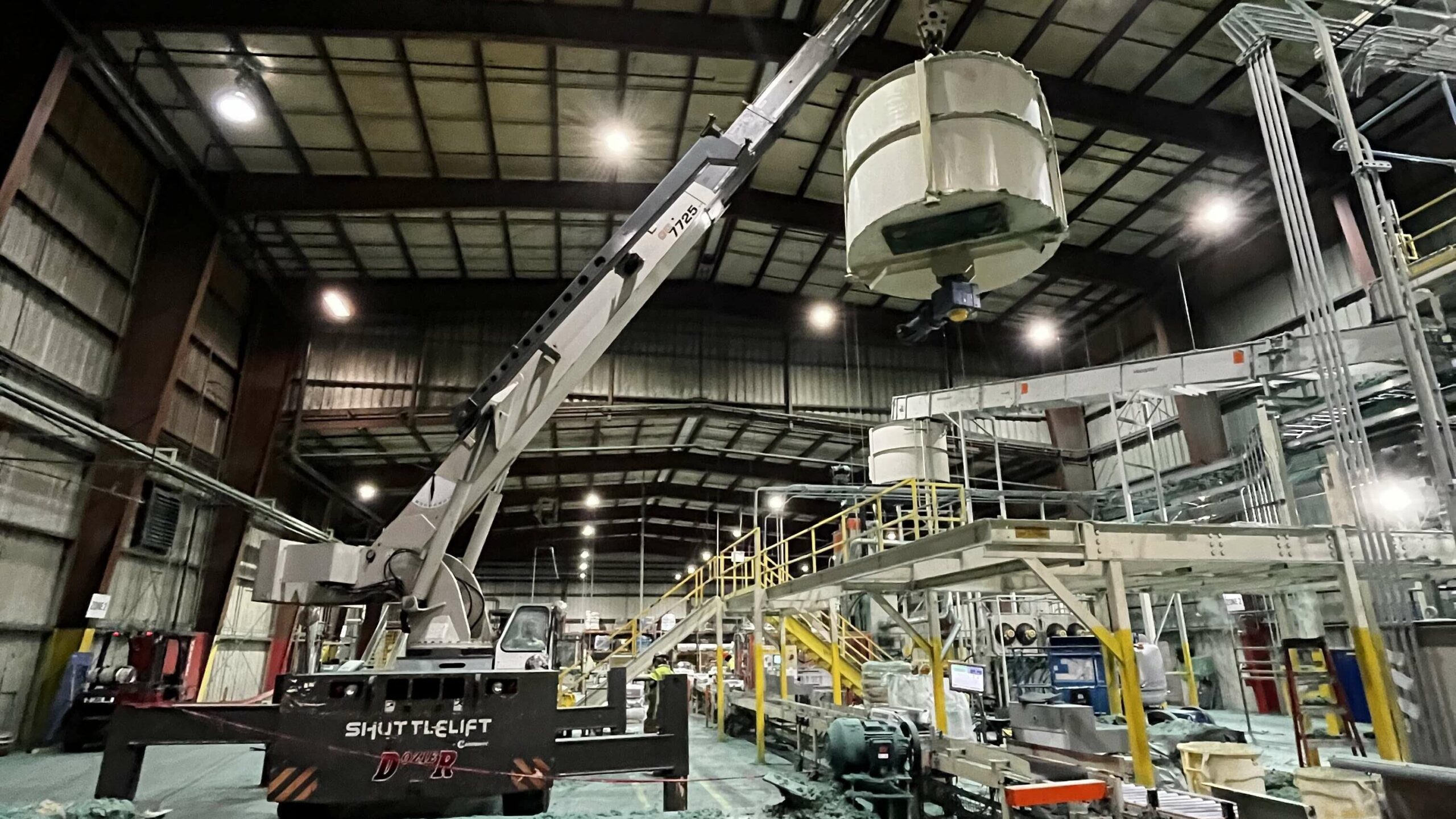When it comes to industrial equipment installation, meticulous planning and preparation are crucial to the success of the project. Hiring a project manager from the start can make the installation process smoother. They will take care of everything from assessments and preparations to scheduling and allocating resources efficiently.
A project manager specializes in coordinating between various teams. They ensure that the installation project adheres to all agreed timelines, budgets, and safety standards. They are also responsible for identifying any potential risks and developing contingency plans to address them.
Choosing the right team for machinery installation is vital for ensuring the safety and longevity of your industrial equipment. The installation team should have proven expertise in mechanical and electrical systems, critical for setting up complex machinery.
A qualified team will understand the importance of proper installation practices. They will use their specialized knowledge to prevent potential operational issues. They will also be adept at handling the various components of industrial machinery. From basic setup to complex integration tasks.
The installation process of industrial equipment involves several key steps. Each step is critical to ensuring the system operates efficiently and safely. The process typically begins with the delivery and unboxing of equipment. This is followed by a detailed examination to confirm that all components are intact and undamaged.
Next, the equipment is positioned according to the layout plans, ensuring there is adequate space for operation and maintenance. The machinery is installed using tools like compressed air systems. It can be added to existing production lines or set up as a new unit. Each piece of equipment is thoroughly tested to ensure proper function before the final sign-off.

When installing heavy industrial equipment, it is crucial to adhere to strict safety protocols. Proper alignment and secure mounting are essential to prevent any mishaps during and after the installation process.
Best practices for handling heavy machinery often involve specialized rigging techniques and equipment to ensure stability and alignment. It is vital to follow industry-standard safety procedures to protect workers and the machinery itself from potential accidents.
These measures keep people safe and prevent damage to equipment during installation, protecting the investment made in the equipment. In addition, it is also important for workers to receive proper training in handling heavy equipment.
The installation of industrial equipment goes beyond mere setup; it’s about ensuring efficient operation and ease of maintenance. Thoughtful consideration of the equipment’s operational and maintenance requirements during the installation phase can significantly impact its long-term performance and upkeep costs.
Well-installed machines break down less, saving money on repairs and keeping operations running smoothly and efficiently. This proactive approach in the installation phase ensures that the machinery operates at peak efficiency. It provides long-term benefits in terms of both performance and cost savings.
Installing industrial equipment requires precision and expertise. Professional installation services, like PEC, make sure installations are done carefully and safely, following all safety rules.
Professionals are equipped to handle complex projects efficiently, minimizing operational downtime and avoiding common pitfalls that may occur during self-installation.
By opting for professional installation services, companies gain peace of mind through quality assurance, adherence to industry standards, and reliable aftercare support. These services make sure the equipment is installed correctly and continues to work well, giving value over time.
Contact PEC today to learn more about our professional installation services and how we can help your business thrive.
Diverse Industries, One Trusted Partner
Safety means more than compliance; it’s our covenant with you.







Whether you’re coordinating your next project or proactively planning your plant maintenance, there’s no better time than right now to contact us.